As a facility manager, you know the HVAC system is essential to keep your commercial property comfortable and operational. But when the budget is tight, you may be tempted to put off needed HVAC repairs and replacements. While this seems like an easy place to cut costs in the short term, there are ripple effects you may not anticipate. Here are eight unexpected consequences of delaying commercial HVAC repair and maintenance. Let's take a look for more information!
1. Increased Energy Bills
One of the biggest repercussions is increased energy bills. An HVAC system in need of repair is inefficient by nature. Things like refrigerant leaks, clogged filters and failing parts force the system to work harder while providing less heating and cooling. This wasted effort gets reflected in higher electric bills or surcharges from the utility company if you go over your allotted usage. Investing in repairs optimizes efficiency!
2. Discomfort for Employees and Customers
It goes without saying that putting off fixes to a broken HVAC system leads to discomfort. However, this can actually impact employee productivity, morale, and retention if ambient temperatures are consistently too hot or cold. No one likes to work in an environment that's not properly climate-controlled. For customer-facing businesses, comfort is also essential for the client experience. If your retail store, office, restaurant, or other space is uncomfortable due to HVAC issues, you'll lose sales and customer loyalty.
3. Increased Sick Days
Having an HVAC system that doesn't properly ventilate, filter, or distribute air can lead to increased sick days among employees. Stagnant air and improper humidity become breeding grounds for mold, bacteria, and viruses. This leads to more cold, flu, and allergy issues during the year. Investing in better air filtration and ventilation improves indoor air quality and reduces sick days, keeping your workforce healthy and on the job.
4. Equipment Failure
Putting off maintenance and repairs eventually leads to major HVAC breakdowns. Parts that could have been lubricated or replaced may fail completely. This often necessitates emergency service calls and far greater repair bills down the road. It also means the HVAC system could go down during peak business hours, leaving the facility without sufficient heating or cooling until repairs are made. This can lead to temporary closure in some cases, resulting in significant lost revenue.
5. Voided Warranties
Neglecting prescribed maintenance per the owner's manual, such as changing filters and cleaning evaporator coils, can actually void manufacturer warranties on HVAC equipment. This adds insult to injury when you need those expensive compressor or condenser repairs the warranty should have covered. Sticking to the suggested maintenance schedule ensures you keep warranties intact, saving substantially on
commercial HVAC repair when issues emerge.
6. Mold and Mildew
Moisture issues from a malfunctioning HVAC system can cause mold infestations if left unaddressed. This unhealthy mold spreads easily within wall cavities and ventilation ducts. Beyond health concerns, mold remediation requires tearing down drywall for thorough removal and cleanup. It's much cheaper to remedy minor condensation issues with HVAC repairs than to later fix extensive mold damage. An ounce of prevention is certainly worth a pound of cure when it comes to moisture and mold.
7. Compromised Air Quality
According to the Indoor Air Quality Scientific Findings Resource Bank, one study reported a 35% decrease in short-term absence was associated with a doubling of ventilation rate. This reiterates how poor ventilation from a faulty HVAC negatively impacts health. Insufficient air circulation also causes stale, stuffy air that makes facilities seem dated. Fresh, climate-controlled air is essential for occupant well-being and facility perception.
8. Safety Hazards
Faulty HVAC equipment can create safety hazards if carbon monoxide or gas refrigerant leaks occur. At best, this triggers the fire alarm temporarily. At worst, it causes carbon monoxide poisoning or other ill effects. Refrigerant leaks also contribute to ozone layer depletion. You don't want to be responsible for preventable environmental damage or dangerous gas leakage by deferring repairs.
The unexpected side effects of putting off commercial HVAC repair and maintenance far outweigh any short-term savings. It leads to higher costs and negative consequences in the long run. Be proactive about tune-ups and repairs. Keeping your HVAC system well-maintained maximizes comfort, health, safety, and cost-efficiency throughout the building life cycle. If you need your commercial HVAC unit repaired or maintained, give us a call at SBS-NC, LLC.
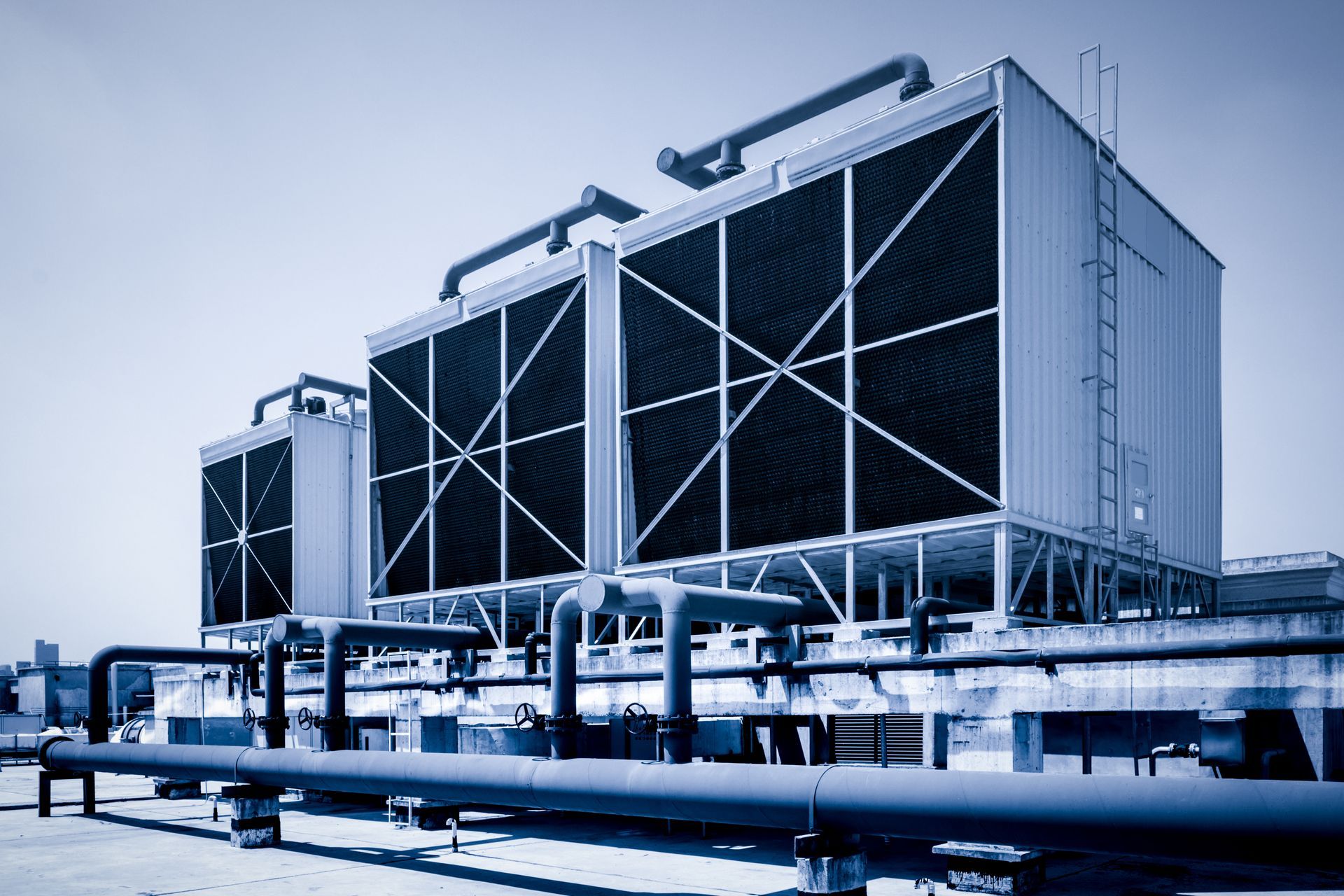
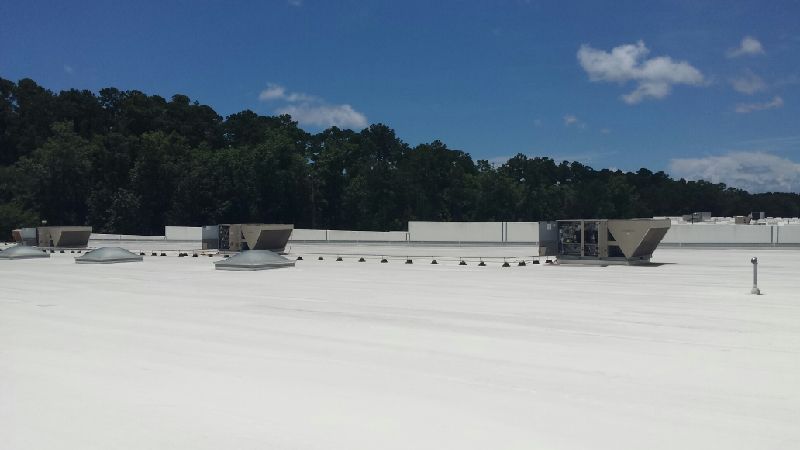
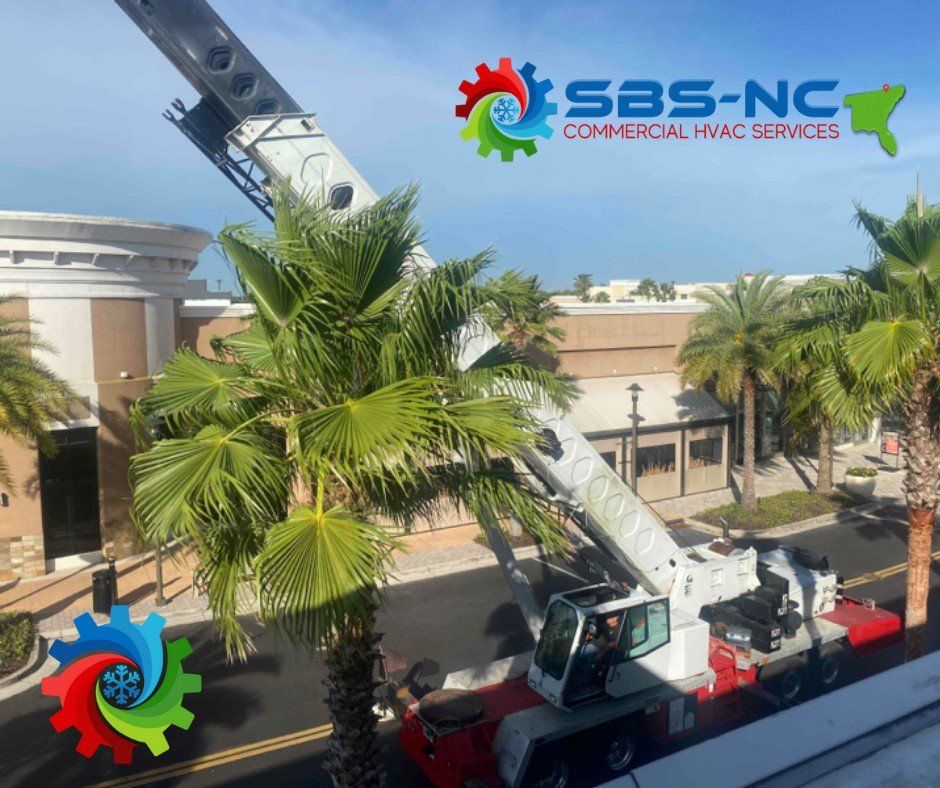
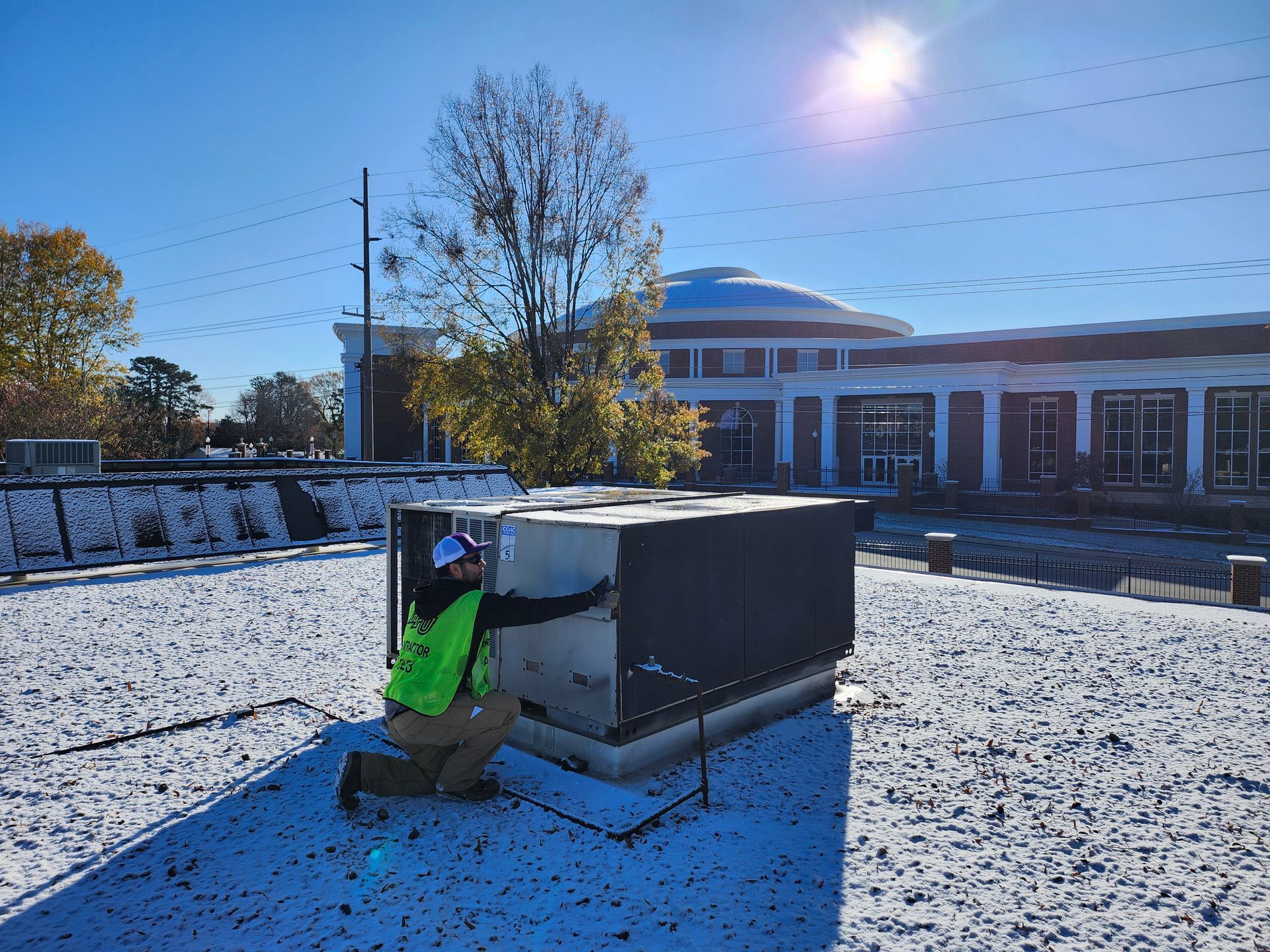

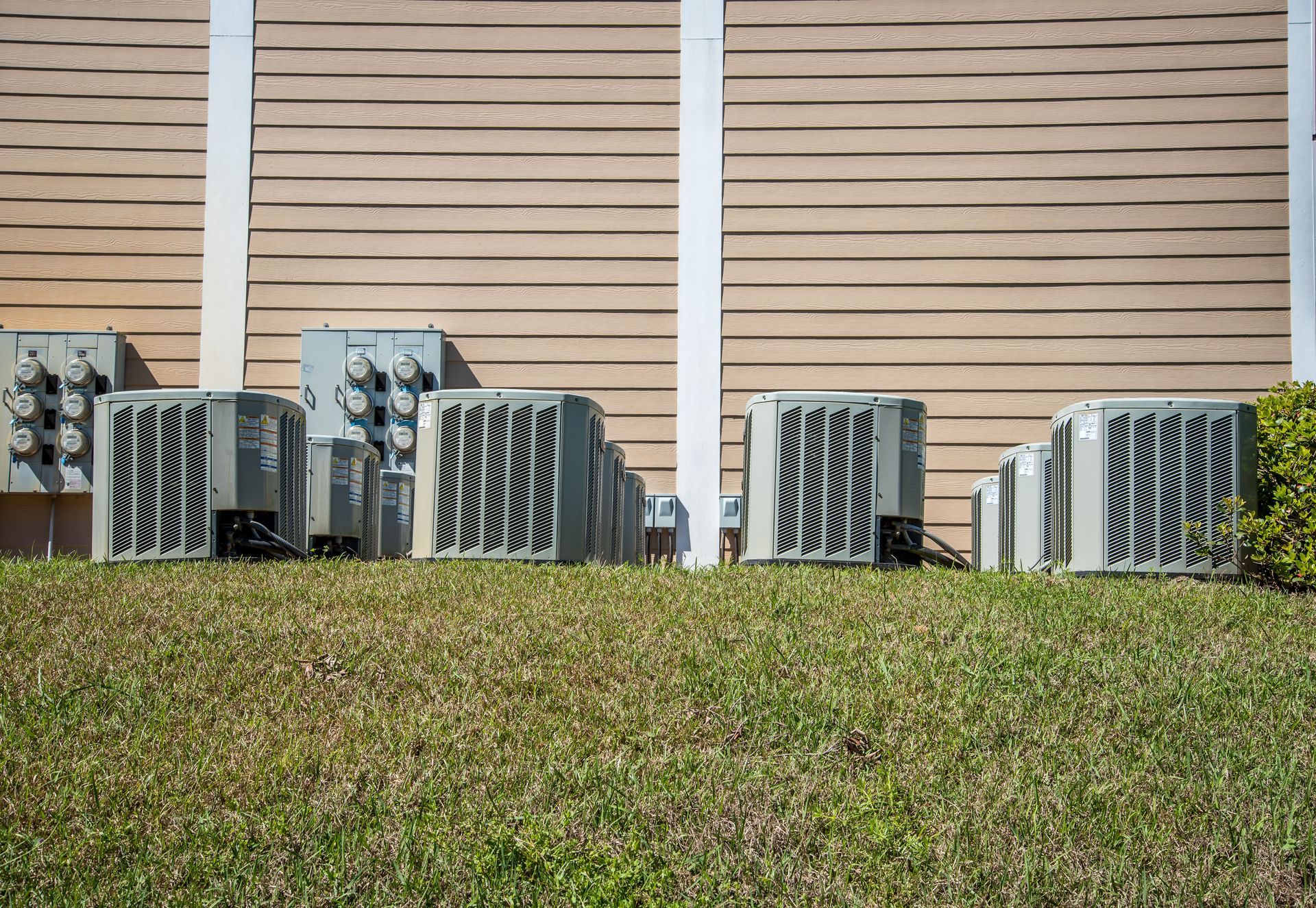
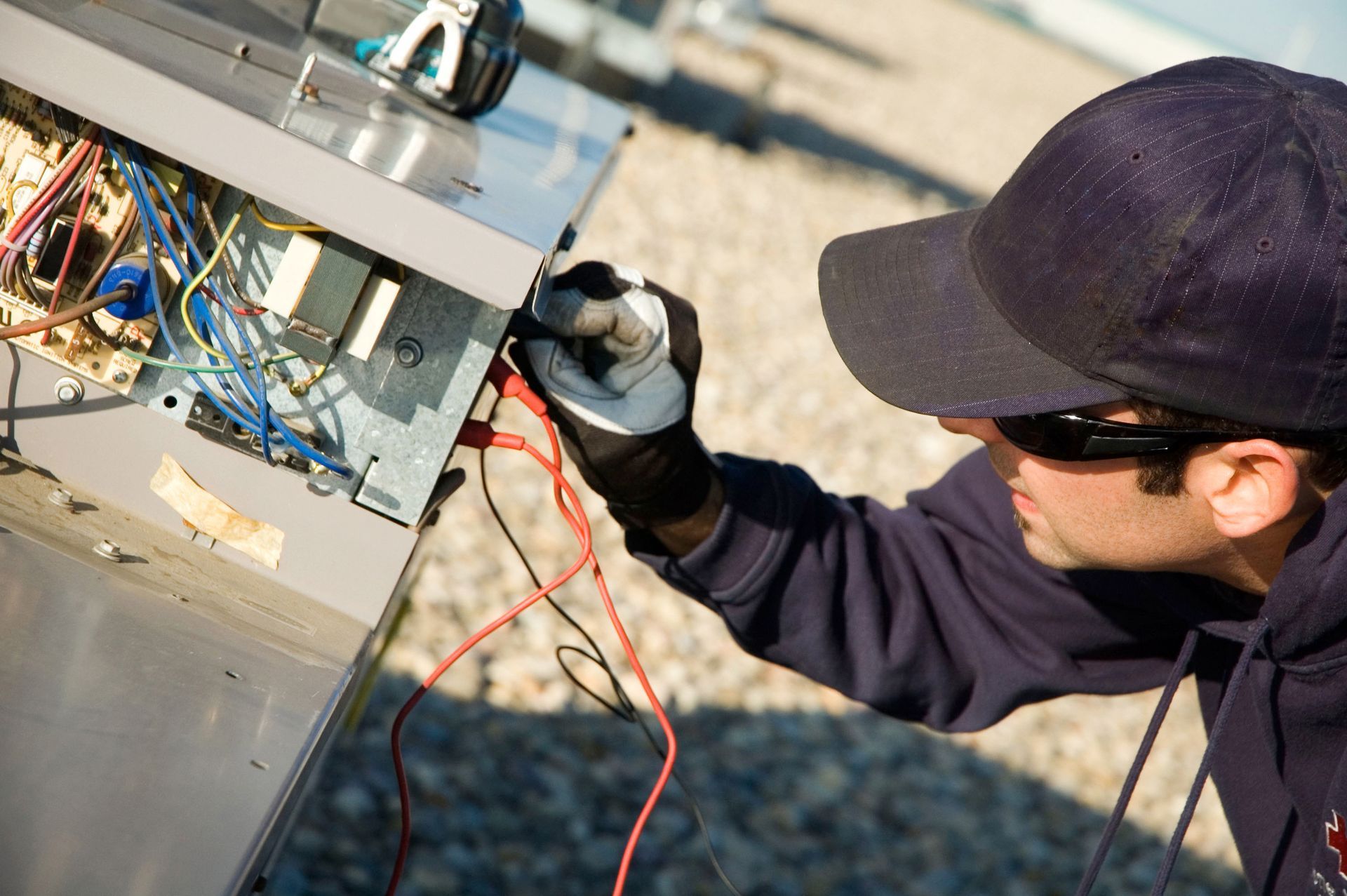
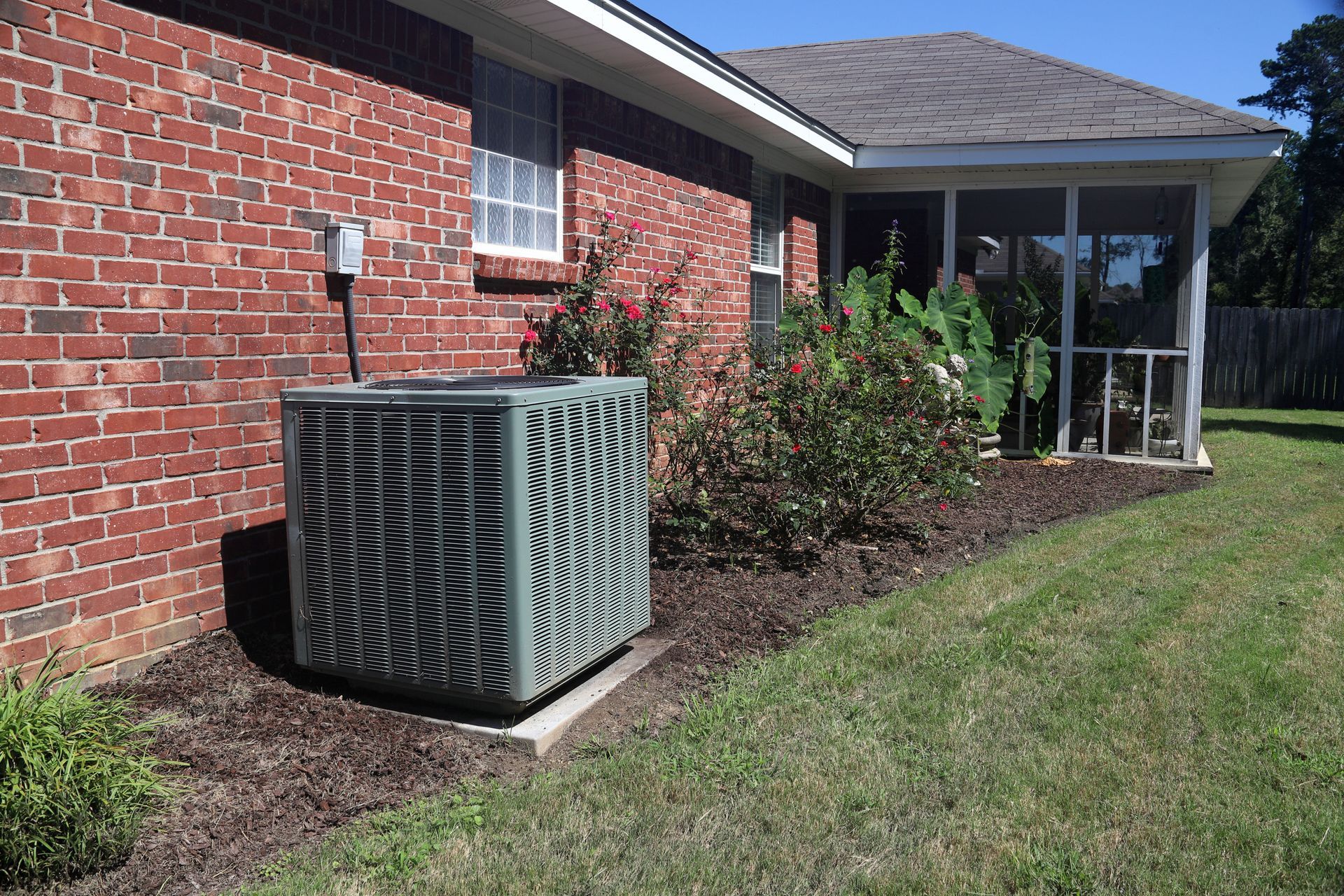
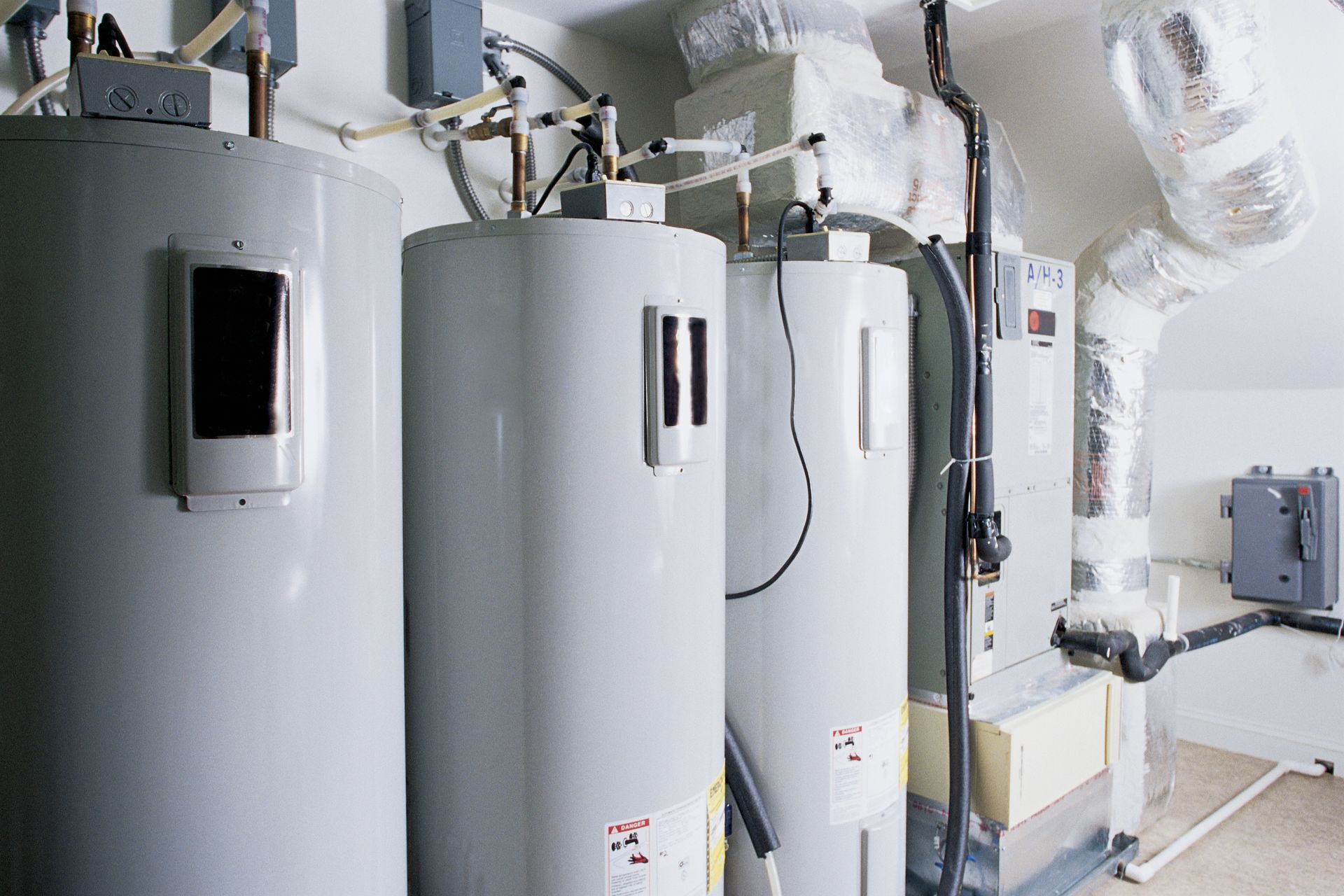
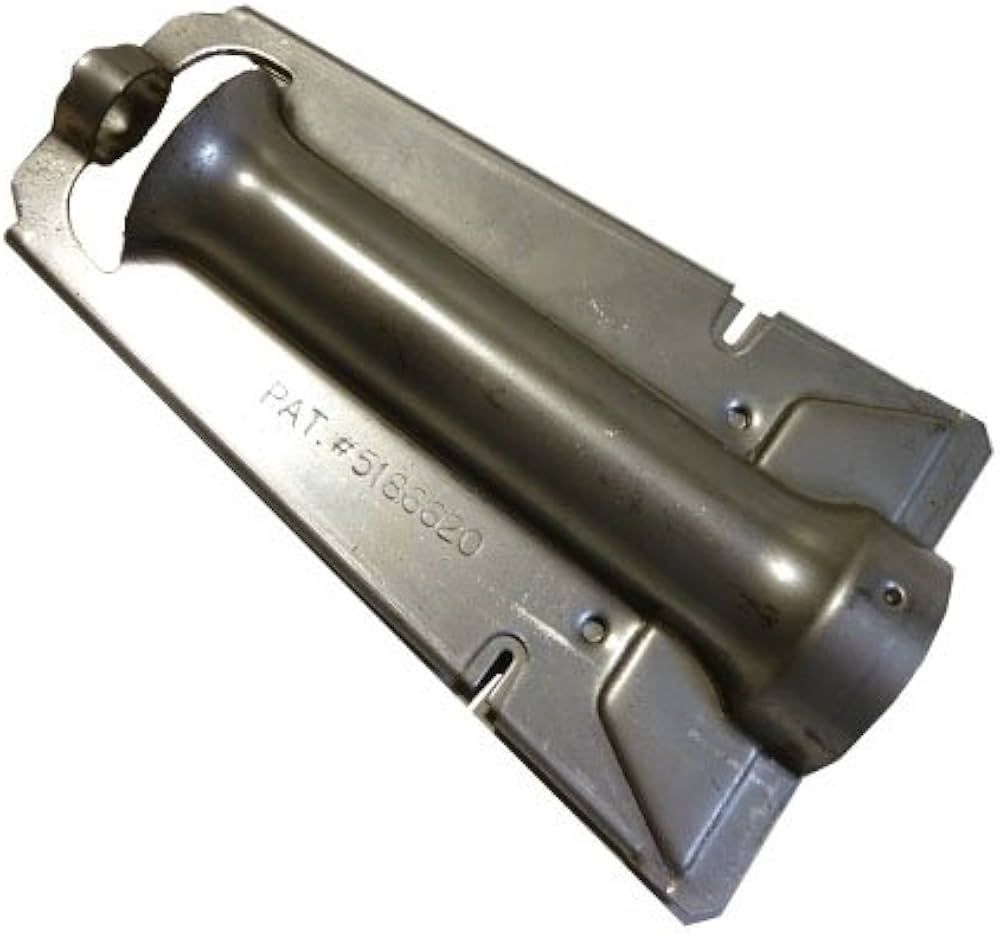
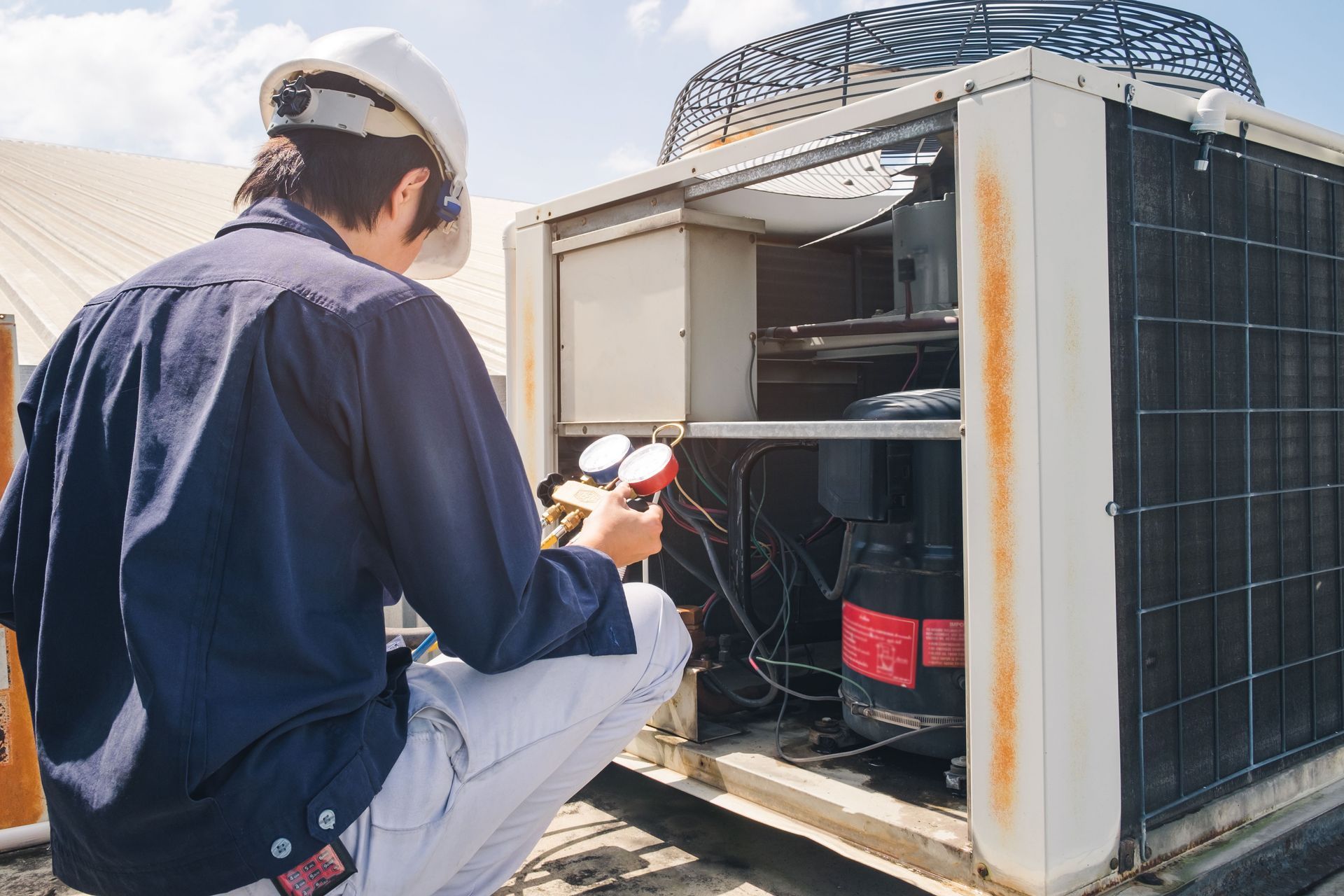
Share On: